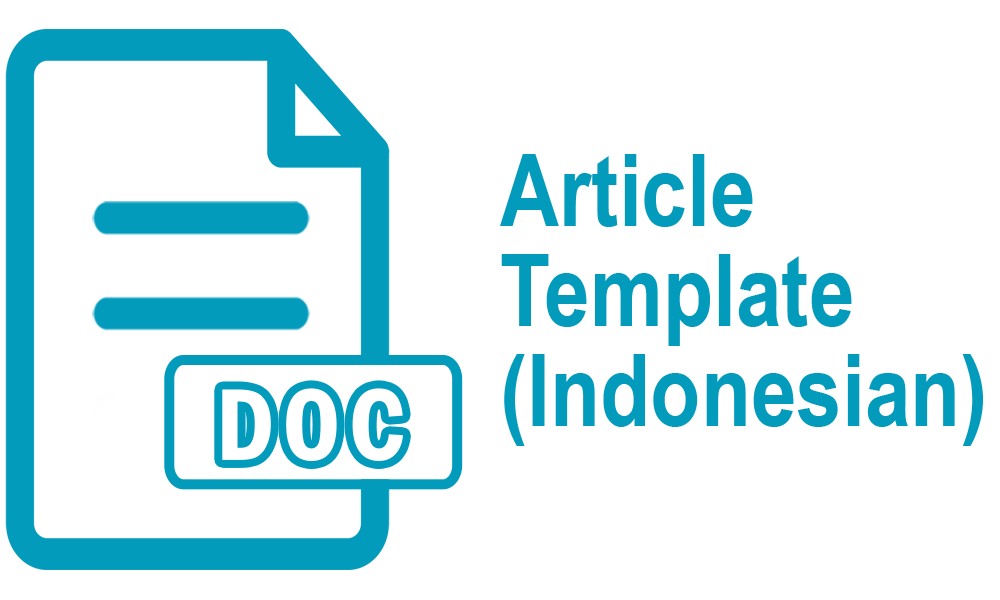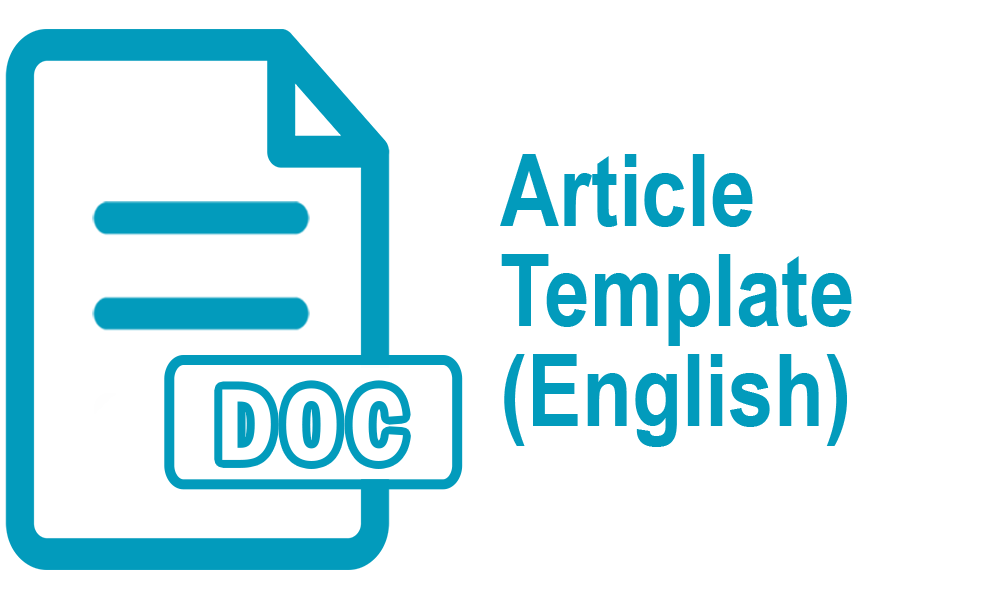CHILDREN’S OPPRESSION TOWARD ENDER FROM ENDER’S GAME NOVEL
Abstract
ABSTRACT
This study is focused on the children’s oppression experienced by Ender as the main character in a novel entitled Ender’s Game. The novel tells about a child who was training under an army to fight aliens. The research question of this study is what types of oppression that Ender has to experience as portrayed in Ender’s Game novel using Young’s five faces of oppression theory. Under the paradigm of qualitative research design, the findings are descriptively explained. The result of the analysis using Young’s theory showed that Ender experienced three types of oppression. In the total of nine data found, they were classified under violence, cultural imperialism, and powerlessness. Four data found were under violence, three data belonged under cultural imperialism, and two data classified under powerlessness. Lastly, based on the findings, it can be concluded that novel as part of literary work can also function as a reminder and a tool to improve awareness to society about the issues that are still happening.
Key words: oppressor, oppression, Ender’s Game novel
ABSTRAK
Kajian ini difokuskan pada penindasan anak-anak yang dialami oleh Ender sebagai tokoh utama dalam novel berjudul Ender's Game. Novel tersebut menceritakan tentang seorang anak yang sedang berlatih di bawah pasukan untuk melawan alien. Pertanyaan penelitian dari studi ini adalah jenis penindasan apa yang harus dialami Ender seperti yang digambarkan dalam novel Ender's Game menggunakan teori lima wajah penindasan Young. Di bawah paradigma desain penelitian kualitatif, temuan dijelaskan secara deskriptif. Hasil analisis menggunakan teori Young menunjukkan bahwa Ender mengalami tiga jenis penindasan. Dari total sembilan data yang ditemukan, mereka diklasifikasikan dalam kekerasan, imperialisme budaya, dan ketidakberdayaan. Empat data ditemukan berada di bawah kekerasan, tiga data milik imperialisme budaya, dan dua data diklasifikasikan dalam ketidakberdayaan. Terakhir, berdasarkan temuan tersebut dapat disimpulkan bahwa novel sebagai bagian dari karya sastra juga dapat berfungsi sebagai reminder dan alat untuk meningkatkan kesadaran masyarakat tentang isu-isu yang masih terjadi.
Kata kunci: penindas, penindasan, novel Ender's Game
Keywords
Full Text:
PDF (Bahasa Inggris)References
“Salford Huge Adult Neglect and Abuse Problem”.Salfordstar.com. 2014.Web.Juni 2019.
Abrams, Meyer Howard. The Mirror and the Lamp: Romantic Theory and The Critical Tradition. Vol. 360. New York: Oxford University Press, 1971. January 2020.
Allen Clark, Dean. Understanding Oppression.2013. PDF. December 2019.
Arp, Thomas R., and Greg Johnson. "Perrine's Literature: Structure, Sound, and Sense." (2015). Web. December 2019.
Bennet, Andrew, and Nicholas Royle.Introduction to Literature Criticism and Theory. Edinburgh: Pearson Education Limited, 2004.Web.July. 2018.
“Exploitation.”Definitions of Oppression, Dehumanization and Exploitation.Web. 26 April. 2016.
FitriaHastuti, Dyah, and AgusWijayanto. Child Abuse Reflected in The Ender’s Game Novel By Orson Scott Card (1985): A Sociological Approach. Diss. UniversitasMuhammadiyah Surakarta, 2019. January 2020.
Hales, David. "An Introduction to Triangulation." Geneva: UNAIDS Monitoring and Education Division (2010): 13-17.Pdf. Feb 2020.
Hall, Donald. To Read Literature, Fiction, Poetry, Drama. Holt McDougal, 1987. 18 August 2019.
J. Blumenfeld, Dr. Warren. The Hunger Games as Metaphor for Youth Oppression and Resistance. Journal. Tikkun Daily, November 19, 2014. Web. 26 April 2016.
Kerlinger, Fred Nichols. "Foundations of Behavioral Research." (1966). Jan 2020.
L. Begun. Audrey. Human Behavior and the Social Environment. Article: Journal of Social Work Education. Feb 2014. Web. Dec 2019.
Nisa, Fatimatuz Zahro Khoirun. Child Abuse in Khaled Hosseini’s The Kite Runner. Diss. Universitas Islam Negeri Maulana Malik Ibrahim, 2014..
O’donoghue, Tom, and Keith Punch."Qualitative Educational Research in Action." Doing and reflecting London: Routledge Falmer Pub.44 (2003).Web. February 2020.
“Oppression.”Definitions of Oppression, Dehumanization and Exploitation.Web. 26 April. 2016.
Owen. Christopher. Systemic Oppression in Children’s Portal-Quest Fantasy Literature. 2013. Web. 22 December 2019.
Parveen. International Journal Of English Laguage, Literature and Translation Studies. 2015. Web. April 2016.
Peterson, D. K. Literary Elements.N.p: n.p., 01 Nov. 1999 .Web. 26 Dec. 2018.
Pickering, James H., and Jeffry D. Hoeper, Concise Companion to Literature.New Jersey: Prentice Hall, 1962. Web. 18 August 2018.
PM. Regoli, Robert., John D. Hewwit and Delisi Matt. Tenth Edition: DeliquencyIn Society. Bartlett , 2016. PDF. 21 December 2019
Klarer, Mario. An Introduction to Literary Studies.London :Routledge Taylor and Francis Gropu, 2004. Web. April. 2019.
Scott Card, Orson. Steeped in the Politics of The Imperialist-Patriarchy:Ender's Game and Ender's Shadow.Tom Doherty Associates, LLC.1994. Web. 26 April 2016.
Snow, Kim. "Vulnerable citizens: The oppression of children in care." Journal of child and youth care work 21 (2006): 94-113.
Reaske, Christopher Russell. How to Analyze Drama.Distributed by Monarch Press, 1966.
R. Greene, Roberta and M. Schriver, Joe. Hanbook of Human Behavior and The Social Environment. Routledge.PDF. 14 Jan 2020.
Taylor, Richard. Understanding the Elements of Literature-“London: The Macmillan Press LTD, 1981. Web. 11 October 2019.
University of Victoria.Understanding Oppression.The Online Academic Communit.Web. 20 December 2019.
DOI: http://dx.doi.org/10.30872/jbssb.v6i1.5505
Refbacks
- There are currently no refbacks.
Copyright (c) 2022 Fitria Sofyan, Singgih Daru Kuncara, Chris Asanti
Editorial address:
Fakultas Ilmu Budaya, Universitas Mulawarman
Jl. Ki Hajar Dewantara, Gunung Kelua, Kec. Samarinda Ulu, Kota Samarinda, Kalimantan Timur, Indonesia 75123
Email: jurnalilmubudaya.fibunmul@gmail.com
Website: http://e-journals.unmul.ac.id/index.php/JBSSB
Ilmu Budaya: Jurnal Bahasa, Sastra, Seni, dan Budaya is licensed under a Creative Commons Attribution-ShareAlike 4.0 International License






